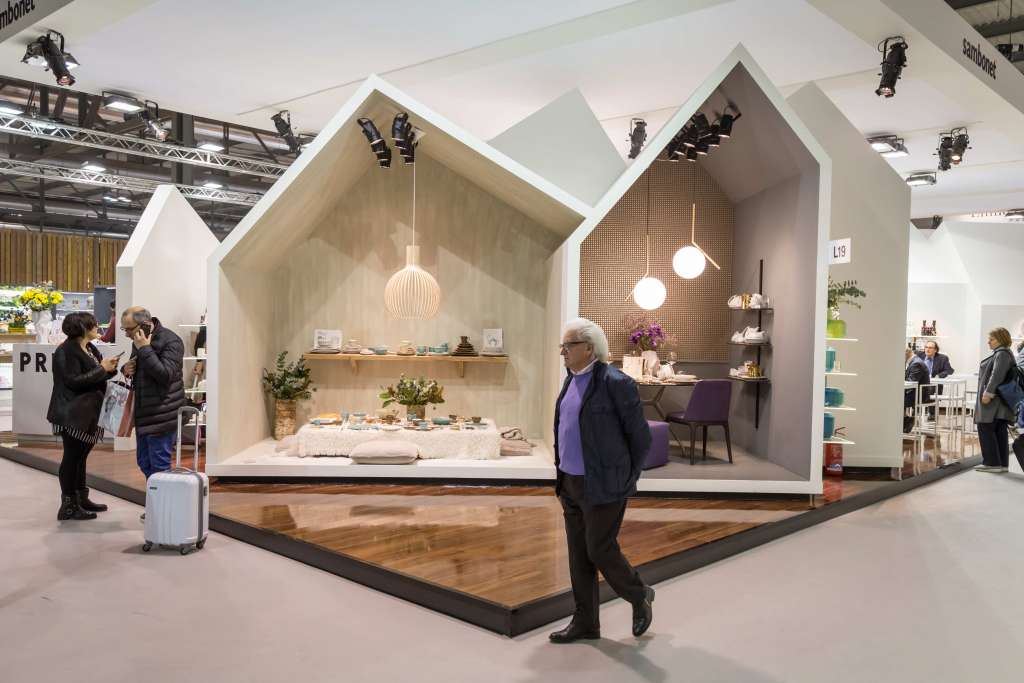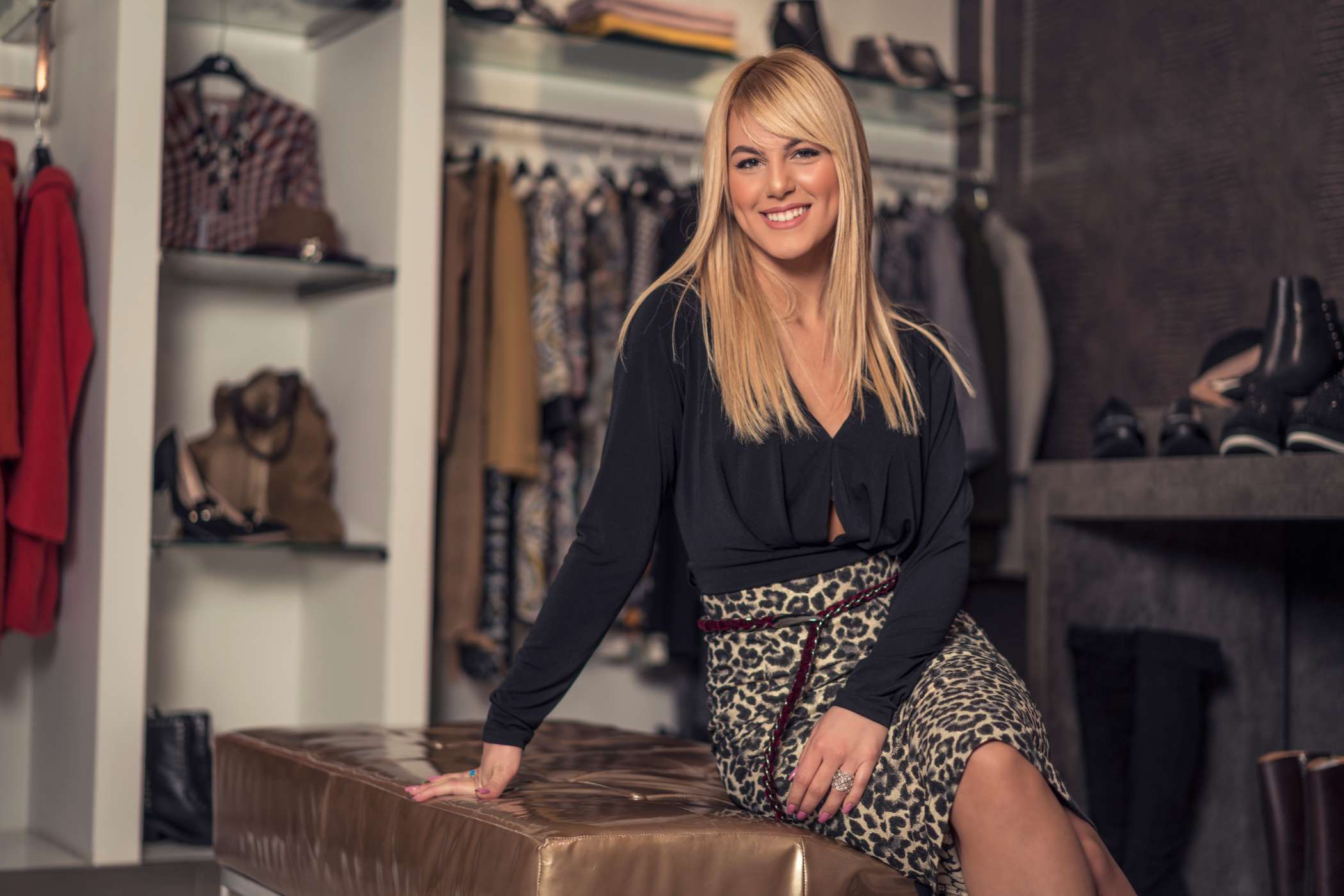How Can Home Decor Retailers/Brands Source Merchandise?



The first step to setting up a fashion business is to source the raw materials. This helps establish a supply chain. The success of a business is also dependent upon customer satisfaction. However, to achieve a desired profit margin certain steps are necessary. Sourcing goods helps to acquire quality raw materials at affordable prices. This allows businesses, especially home decor retailers and brands, to maintain a healthy balance between cash flow and recurring costs for procurement of raw materials.
Where do home decor retailers/brands source their goods?
There are a few ways in which retailers and brands source their home decor goods.
Attending Trade Fairs
Trade fairs are places for home decor brands and retailers to find what they are looking for. A number of wholesalers attend these fairs to display their goods. Any reputed brand owner or retailer may approach them and negotiate terms of business. Bulk orders are beneficial for both parties involved. It allows a steady market for the wholesaler’s goods. Moreover, the retailer/brand can compete with the market at affordable costs, thus maintaining a steady profit margin.

Some home decor retailers and brands also approach local craftsmen or communities to manufacture their goods solely for the company. This not only maintains a steady flow of inventory, but also provides uniqueness of proprietary products, making it an unique selling point for that brand or retailer.
High Point Furniture Markets
These are more commonly referred to as markets. These are conducted at various locales throughout the year. A retailer or brand should thoroughly dedicate a certain amount of capital in researching the products offered here. This allows them to approach the manufacturers ahead of time, and select products being unveiled at these markets.
They may also negotiate contracts to allow branding of certain products only under their own umbrella, thus bringing an unique product into the market. The guarantee of steady supply for the retailer or brand on the part of the manufacturer facilitates bulk orders, cheaper pricing for quality-controlled goods and keeps up with the competitive retail market and other brands in the same business.
Self Manufacturing
Some companies choose to manufacture their own goods. Often this is done through overseas transactions. For instance, certain wooden home decor products may be produced from raw materials found exclusively in certain countries. Brands and retailers from other countries may negotiate contracts to procure these raw materials and manufacture them as quality-controlled goods, ensuring customer satisfaction and sales.
Manufacturing their own goods may require an initial investment, however, its long-term effects far outweigh this initial investment. Conversely some brands may outsource their manufacturing process elsewhere from where they are actually based. This helps to:
- Procure cheap labor reducing the overall manufacturing costs.
- Procuring raw materials locally and shipping the finished goods as a whole to reduce the overall production and shipping costs.
Advantages of sourcing merchandise
Sourcing, when done correctly, keeps a steady flow of raw materials. This helps maintain inventory to minimize customer waiting time. An efficient strategy that is well deployed results in the following positives.
Cost Management
Strategic sourcing proves beneficial for both the supplier and the retailer. The retailer or brand may acquire goods at lower costs in exchange for bulk purchases. On the other hand the supplier receives a steady market for the goods. This results in an overall reduction of costs, thus keeping pace with the competitive retail pricing.
Stability
A reliable supplier-retailer relationship is key to maintaining stability in the business. This symbiotic relationship ensures mutual dependence. The supplier and retailer may also address certain flaws in their products, resulting in higher quality at almost unchanged costs.
Risk Management
Any relationship based upon trust goes a long way. For instance when either of the two parties faces a cash flow stringency it could be open to more discussion, resulting in a mutual resolution to a problem.

Risks of sourcing merchandise
Sourcing merchandise does come with certain risks that must be taken into consideration. As such, steps should be taken to maintain a steady supply chain:
- The brand or retailer must ensure quality control of the goods. A brand tends to lose its value if it uses cheap and low quality products to manufacture their products.
- This leads to both loss in sales as well as reputation.
- Outsourcing to other countries may trigger socio-political repercussions in either country, resulting in disruption of the supply chain.
- Certain regions may be prone to natural disasters, which may hamper the production line.
- Some countries may undergo radical changes in policy leading to the brand or retailer having to uproot their entire supply chain and reestablish it elsewhere.
- Geopolitical events such as the covid pandemic, wars and conflicts, climate change, trade wars between major powers, must also be taken into consideration.
Conclusion
Sourcing requires an upfront investment; however, this may lead to reaping long term benefits. Conducting thorough research before making such investments is crucial; otherwise it may lead to the brand or retailer losing their supply chain. This will eventually result in customer dissatisfaction and loss of brand reputation. However, if done correctly, a proper sourcing is key to developing a successful and sustainable business model.
Sign up with Fashinza to address all sourcing needs for your home decor business. Our B2B AI-powered platform will help you address any manufacturing and sourcing issues on a timely and hassle-free basis.



















